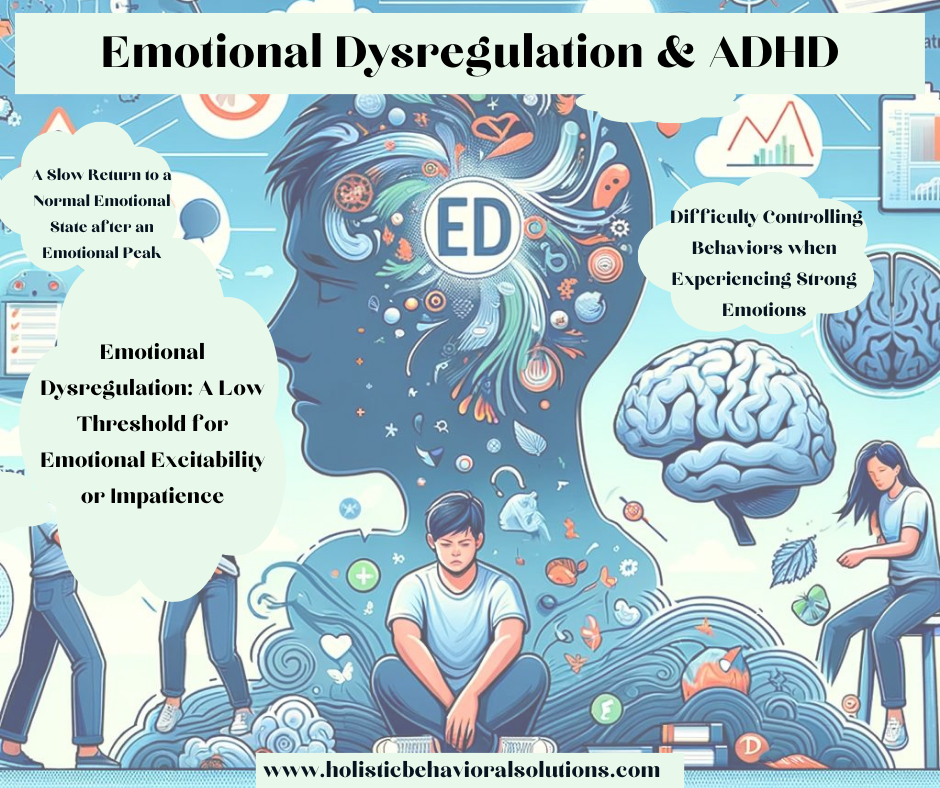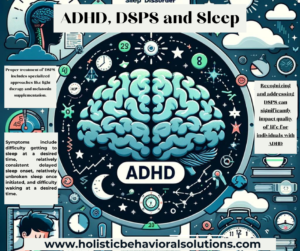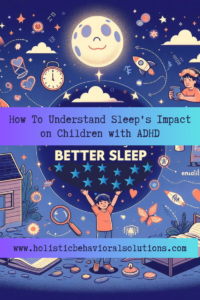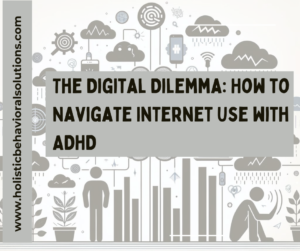
Emotion Dysregulation: Attention-Deficit/Hyperactivity Disorder (ADHD) is a condition that’s often discussed in the context of attention difficulties, hyperactivity, and impulsivity. However, there’s a growing body of research indicating that emotion dysregulation (ED) – the inability to manage and respond to emotional experiences appropriately – is also a significant challenge for those with ADHD, particularly during the tumultuous period of adolescence. Let us look at a recent study aimed at shedding light on how ED manifests in young adolescents with ADHD, its relationship with different ADHD subtypes and comorbid conditions like Oppositional Defiant Disorder (ODD), and its impact on aggression, rule-breaking behavior, and social impairment.
Understanding Emotion Dysregulation in ADHD
The study in question involved a detailed examination of 180 young adolescents, with a notable majority being boys (75%), to identify the specific aspects of ED that are most relevant to those with ADHD. Emotion Dysregulation can manifest in various forms, such as difficulty controlling behaviors when experiencing strong emotions, a low threshold for emotional excitability or impatience, and a slow return to a normal emotional state after an emotional peak. These behaviors can significantly affect the daily lives and interactions of adolescents with ADHD.
1. Emotional Dysregulation: Difficulty Controlling Behaviors when Experiencing Strong Emotions
2. Emotional Dysregulation: A Low Threshold for Emotional Excitability or Impatience
3. Emotional Dysregulation: A Slow Return to a Normal Emotional State after an Emotional Peak
ADHD Subtypes and Comorbid ODD: Do They Influence ED?
One of the study’s objectives was to determine whether the type of ADHD (inattentive, hyperactive-impulsive, or combined subtype) or the presence of comorbid conditions like Oppositional Defiant Disorder influences the degree or nature of emotion dysregulation. Interestingly, the findings revealed that emotion dysregulation was consistent across different ADHD subtypes and did not significantly vary with the presence of ODD. This suggests that the emotional challenges faced by adolescents with ADHD might be intrinsic to the disorder itself rather than being significantly influenced by its subtype or associated comorbidities.
The Link Between ED, Aggression, and Social Impairment
The study also explored the relationship between emotion dysregulation and behaviors such as aggression, rule-breaking, and the broader spectrum of social impairment. Additionally, it found that certain aspects of ED, specifically a low threshold for emotional excitability, behavioral dyscontrol in the face of strong emotions, and inflexibility in returning to an emotional baseline, were predictive of social impairment. These findings highlight the profound impact that emotion dysregulation can have on the social lives of adolescents with ADHD, affecting their ability to form and maintain healthy relationships and navigate social settings effectively.
Implications and Future Directions
The implications of these findings are significant for both parents and professionals working with adolescents with ADHD. They underscore the importance of addressing emotion dysregulation as part of a comprehensive approach to managing ADHD. Traditional focus areas such as attention and hyperactivity remain crucial, but incorporating strategies to improve emotional regulation can lead to better social outcomes and overall well-being for these young individuals.
This study paves the way for further research into targeted interventions that can help adolescents with ADHD better regulate their emotions, manage aggression, and improve their social skills. By broadening our understanding and approaches to treating ADHD, we can support these young individuals in navigating the challenges of adolescence with greater resilience and success.
While ADHD is often characterized by attention difficulties and hyperactivity, the role of emotion dysregulation should not be overlooked. As this study demonstrates, ED is a significant component of ADHD that requires attention and intervention. By focusing on emotional regulation, we can offer more holistic support to adolescents with ADHD, helping them to lead more balanced and fulfilling lives.
Emotion Dysregulation and The Holistic Store
While we are thinking that through, boost your connection from the inside out with our wellness supplements and supplies. Check out our store for products that help you feel your best, making it easier to open up and connect on a deeper level.


